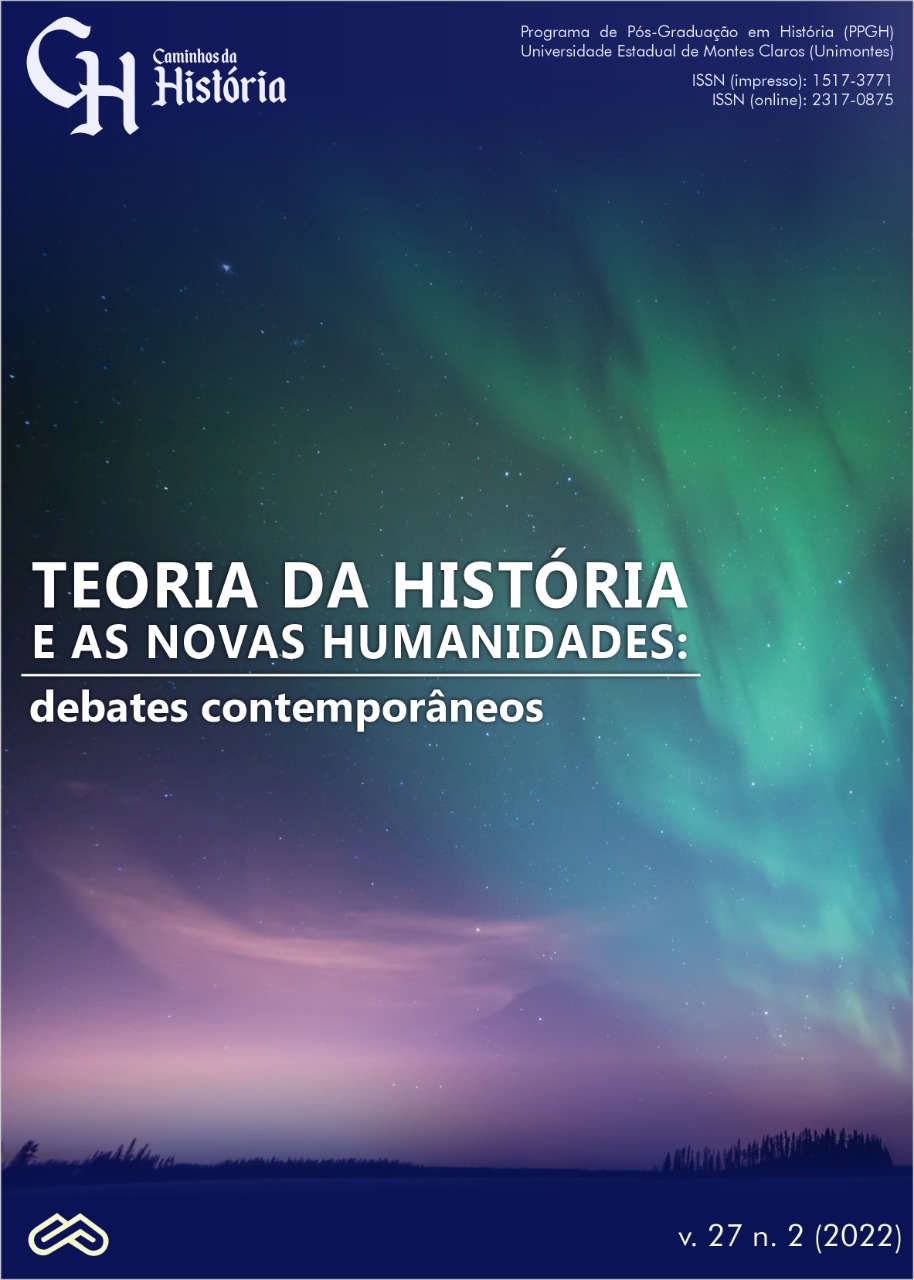Embodiment, empathy, rituals. What to do with the past after the end of history
Corporação, empatia, rituais. O que fazer com o passado após o fim da história
DOI:
10.46551/issn.2317-0875v27n2p.36-45Keywords:
History, Embodiment, Empathy, RitualsAbstract
Starting out from the assumptions that, in the first place, the academic discipline of “History” used to be grounded on the “historical world view”, as it had established itself around 1830 and that, secondly, it no longer prevails in the everyday of our present, this essay raises the question of what consequences the historians’ practice should possibly draw. With a focus on “embodiment” as a new mode of mediation between past and present, it discusses attitudes of empathy and work on rituals, trying to enter uncharted intellectual territory.
Downloads
References
FOUCAULT, Michel. Les mots et les choses. Une archéologie des sciences humaines. Gallimard, 1990.
FUKUYAMA, Francis. End of History and the Last Man. Free Press, 1992.
GUMBRECHT, Hans Ulrich. “Instead of Comparing. Six Thoughts about Engaging with a Post-historical Past”. In: GOLDFARB, Jeffrey C.; SHORE, Marci.; NARON, Stephen (eds). On the Uses and Disadvantages of Historical Comparisons for Life. Yale 2020.
GUMBRECHT, Hans Ulrich. After 1945. Latency as Origin of the Present. Stanford: Stanford University Press, 2013.
GUMBRECHT, Hans Ulrich. Our Broad Present. Time and Contemporary Culture. New York: Columbia University Press, 2014.
GUMBRECHT, Hans Ulrich. Production of Presence. What Meaning Cannot Convey. Stanford: Stanford University Press, 2004.
KOSELLECK, Reinhart. Futures Past. On the Semantics of Historical Time. New York: Columbia University Press, 2004.
RANGEL, Marcelo de Mello. Melancolia e história em Walter Benjamin. In.: Da ternura com o passado. História e pensamento histórico na filosofia contemporânea. Rio de Janeiro: Via Verita, 2019, p. 33-48.
RODRIGUES, Thamara de Oliveira. “Introdução: Uma latente filosofia do tempo”. In: GUMBRECHT, H.; RODRIGUES, T. (Org.). Reinhart Koselleck: Uma latente filosofia do tempo. São Paulo: Unesp, 2021, pp. 13-52.




















